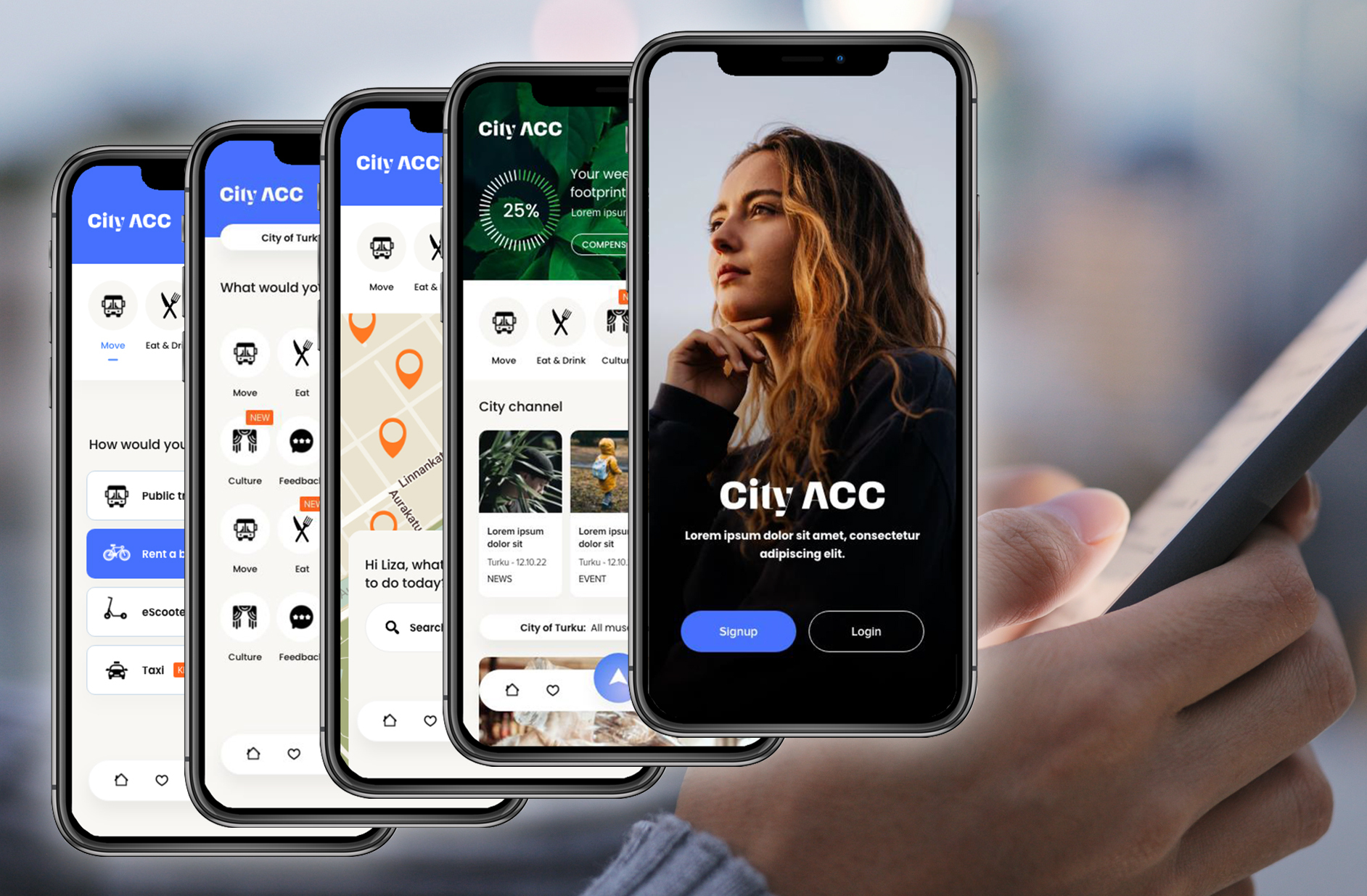By Tuomo Parjanen
CEO of PayiQ
Good strategies are answers to actual client needs. In PayiQ’s case, we are in the lucky position to ride the rising wave of account-based ticketing because of our first client, the City of Turku. When they were building their mobile ticketing solution for public transport, they wanted an identity-based solution.
There were a few reasons for this. A transport operator often subsidizes special groups’ travels from tax funds and therefore wants to know that the right people are getting the discounts. They also want a system that is as fraud-proof and as up-to-date as possible. And as we are moving towards multimodality – a trip may consist of different modes of transport – an operator needs data on how people are using and linking different transport options.
Account-based ticketing is a trending buzzword in our business but it is also a profound change in how transport is operated, understood and developed. Back in the day we bought single tickets and got a small piece of paper to prove that we had paid the fare. A mobile device is one of the smartest machines humankind has managed to put together, but an entry-level mobile ticket is not very smart; it’s the same info you had on that paper slip, just stored digitally. The operator knows that a ticket was sold and a ticket was used, but that is all. This is still the case in most countries and cities.
The City of Turku, our first client and our home base, is among those leading the way to a different level. Their account-based public transportation ticketing system is one of the reasons it was chosen as the 7th smartest city in the world in a recent Smart Cities Ranking by the Future Today Institute.
In an account-based system, a digital platform knows the identity of the ticket owner (through credit card or other modern means of payment), the ticket they have and where and how they are using it, plus their travel history. Although we are talking about ticketing, we now go much deeper than charging a fee for getting on a bus. We are seeing and understanding – in real time, and through an accumulating dataset – how individuals move. We are switching from abacus to AI.
The potential benefits of this are tremendous:
Enter the subscription-based world
Before people rented individual movies; now they subscribe to Netflix. Before people bought CDs; now they subscribe to Spotify. The same move towards subscription models is happening in transportation as we speak, call it Mobility as a Service, Transportation as a Service, Combined Mobility or by any other name.
To be able to build subscription type services you must bundle what’s out there for the customer to choose from, but you also have to know who your customers are and learn from their behavior. This is what an account-based ticketing platform does: it bundles, learns, optimizes and reports. On the other hand, this does not rule out pay-as-you-go solutions – quite the contrary. When you know the identity of your customer and have their payment information, you can also charge only for what they use.
Additional services on the go
When you know who’s in the bus and where they are most likely to get off, you can offer them additional services on the go. They can be commercial or public services, depending on the client’s preferences (protected by GDPR): an alert about fresh fruit at the local supermarket for the vegan on the way home from the bus stop, or a reminder of senior discounts at the local swimming pool during the quiet hours. The biggest opportunity here is probably the improved use of resources: knowing what people need and when they need it, but also guiding them towards services at times when they are underused.
Combined regional transport services
Combining rides on different regional transportation services has been a hassle but it does not need to be. Currently, Sweden is planning to build a common interface to the services and the data of 21 public transportation regions. This would enable passengers’ seamless mobility across the nation.
Fighting fraud and terrorism
There is a dark side to most things in life, and they are easier to fight when you know who is doing what. The platform can suspect that a credit card has been stolen if it is used very differently from the past. Terrorists may stay away from public transportation because the platform can track who has been riding where and when.
Rapid deployment
Although it all sounds technically advanced – and it is -, an account-based ticketing solution can be tested in just about any environment in no time. A test environment with an appropriate application programming interface (API) can be installed in a week. Changing a major city’s ticketing infrastructure is, of course, a much bigger undertaking and usually a group effort.
How cities should play this
The currently fashionable electric scooters are fun and functional, but they are also creating a mess and many angry outbursts. Their deployment in many cities is a good example of how not to proceed. If systems are not talking to each other and everybody is trying to own their customers, we will end up with multiple overlapping fleets that only add to the congestion of a city. If, on the other hand, all information on what’s out there is accumulated in one place and all services are easily available, then everything starts looking much brighter.
And it is not only the customer in need of transportation that benefits from a good platform, but rather the city as a whole, through its planning function. Collecting the information on how people move from dozens of sources that do not talk to each other is a nightmare. One account, where all information is stored and easy to use, may sound like a city planner’s distant dream, but it is not. It’s just good policy.
The game, if played right, is not about proprietary information. A smart ticketing platform, like PayiQ’s, does not make PayiQ the owner of the data: we are just providing a service that processes it. Similarly, we believe that it is not beneficial to anyone if operators try to own their account information. Cities, when planning their infrastructure and deciding on who to let into the streets with their hardware or application, should be extremely critical towards anyone building their own silo.
Silos are not a solution. Sharing is. Accumulated transportation and ticketing data from all modes should be seen as the best of all possible futures, for the individual and for the whole city.
















